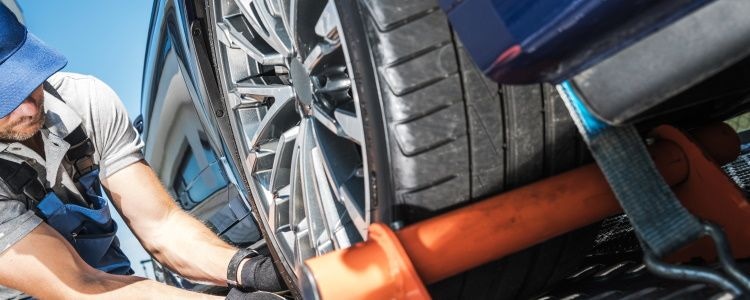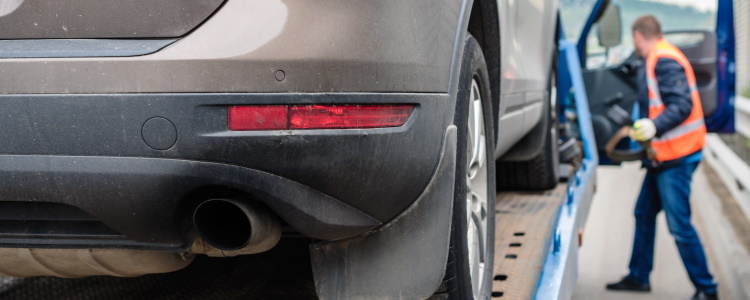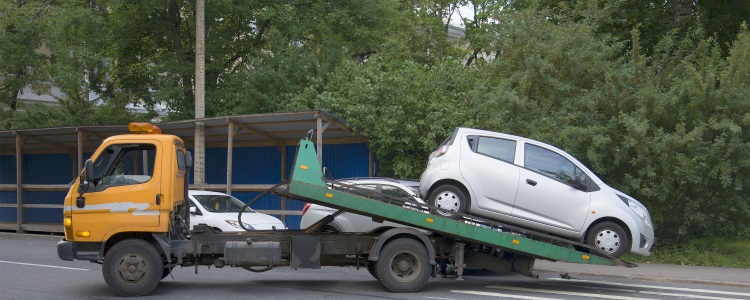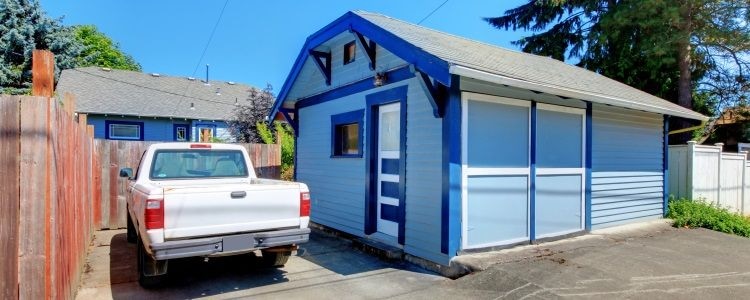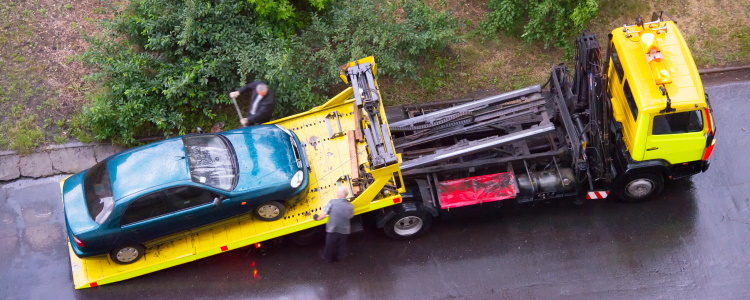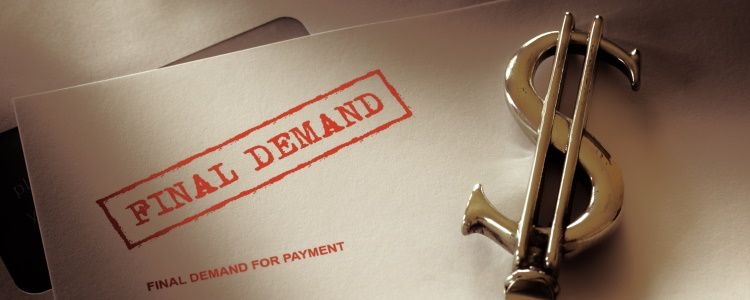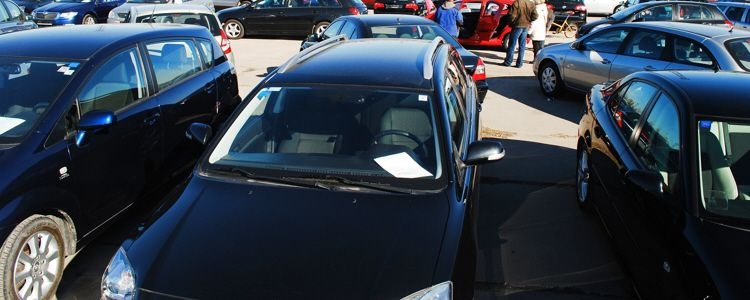If you're struggling to make your auto loan payment each month, you may only be staying one step ahead of the repo man. This isn't the position you want to be in, especially if you're already dealing with a low credit score. Once you default on an auto loan, you run the risk of having your car repossessed.
There’s no set amount of time that dictates how long the repossession process takes. Laws on repossession vary by state, so it’s difficult to say how long you’ll have after missing a payment, although payments just one day late can often put you on the fast track to losing your car.
So, just how long is it between the day you default and the time a recovery company rolls out in search of your car?
How Many Missed Payments Before Repo?
The repo timeline depends on your situation. There's no time frame set in stone for how long there is between loan default and repossession. Many people think that you don't default on your loan until you've missed three months of payments. This is a myth, though.
In reality, a lender can legally repossess your vehicle just one day after missing your first payment, depending on the state you live in, and its repossession laws. This all depends on your lender's policy, though, and the language in your auto loan contract.
Just how long before the lender repos a car can also depend on your relationship with them. If you’ve been consistent with on-time payments, and this is your first missed one, you could discuss a repayment plan with the lender in order to avoid repossession.
On the flip side, if you’ve been delinquent in the past, the lender could speed up the repo process and take your vehicle sooner. Ideally, you should contact the lender before missing a payment.

The timetable you have varies by state and applicable law. In Iowa, you’ll have at least 20 days until the repo man shows up, once the lender has provided you with a notice of your options to correct the situation. In Maine, you’re given 14 days. In Wisconsin, repossession requires legal action, so you have as long as it takes to complete that process in the courts.
But in most states, any time you miss a payment date and default on your loan, the lender is allowed to take possession of your vehicle, without notice, as long as there’s no “breach of peace.” Breach of the peace is a very general term, however, so repo men have a lot of freedom when it comes to taking your car.
Generally, any unlawful or aggressive act performed in order to obtain your vehicle is considered breaching the peace. For instance, repossessors may not break into a locked garage or use a duplicate garage key to take the vehicle. They may, however, hotwire your car and take it from a driveway, public road, parking lot, carport, or garage – one that’s open, or closed and unlocked. They can repossess your vehicle at home, at work, or anywhere in between.
Known for a lack of credit checks and catering to lower credit consumers, buy here pay here (BHPH) dealers are more likely to have a recovery company on standby to speed up the repossession process when a customer stops paying. There may be more leeway in time when you're financing through a franchised dealership or a larger chain.
How Can My Lender Help Me Avoid a Repo?
Instead of waiting around for the repo man to come and collect your vehicle, the first thing you should do if you fear repossession is talk to your lender. They may be willing to help by moving the payment date or adding an additional month to the term of your loan. It costs money to repossess a car, and most lenders would prefer to work with you than come and get your vehicle.
Lenders have a few things they can do before things get too far off with your car loan. These options often include deferring your loan payment for a time or allowing you a payment extension. In some rare cases, lenders may be able to move your payment due date if your situation has changed. These can help you reorganize, get your feet back on the ground, and avoid vehicle repossession.
Before you even need to start worrying about a repossession, you can avoid the situation by keeping in contact with your lender if you know you're going to miss a payment. It's up to them to determine whether or not to pursue a repossession order. A repossession order is a legal document that grants the lender the right to repossess an asset, which can include a vehicle.
Contacting your lender before it gets to this point could present you with some options you haven't considered. Communication is the key to success when you're dealing with a sticky auto loan situation, so contact your lender as soon as you think you’re on the brink of missing a payment.
Refinancing Might Be the Answer
If you're not behind on payments yet, but you're unable to get the solution you need from your lender, it may be time to look into alternate options. In some cases, this means opting to refinance your auto loan. The most effective way to do this is to qualify for a lower interest rate. It's also possible to lower your payment through refinancing to a longer loan term, which saves you money month to month, but not overall as a lower interest rate would.
In order to be eligible for refinancing, you, your car, and your loan amount all have to meet certain qualifications. The biggest thing that determines your ability to refinance your auto loan is your credit score – it either has to be good or has to have increased since the start of the original car loan.
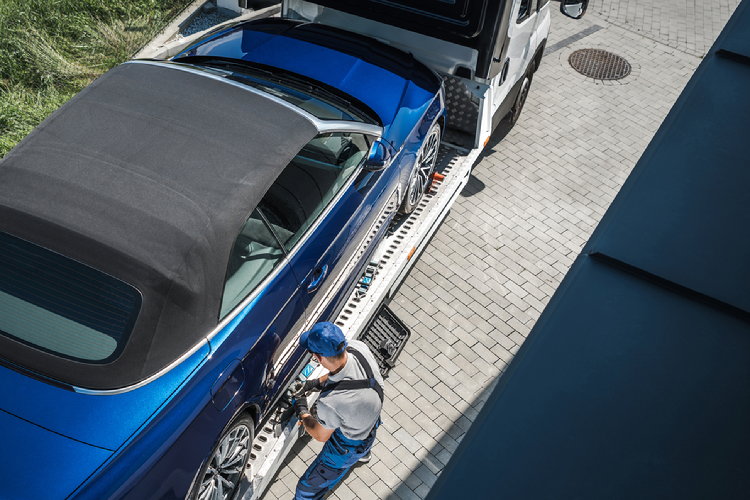
How to Prepare for Car Repossession?
If you fear your vehicle is about to be repossessed, don’t complicate things further by trying to evade the repo man. In fact, purposefully trying to hide your vehicle from repossession is considered a crime in some states. Rather than hoping the repo man won’t find your car, do what you can to make the process easier on yourself.
Clear your car of personal possessions (the company is supposed to return all personal property, but better safe than sorry) and prepare to take the next steps. According to legal website Nolo.com, there are typically four options for getting your vehicle back after a repo:
- Redeem your vehicle. If you’re already having trouble, paying off the entire loan balance plus repossession costs is typically out of the question, but is usually offered as an option called redemption.
- Reinstate your loan. The reinstatement option depends on the state you live in, and isn’t always available. This option allows you to pay back what you owe, plus repossession costs, and continue with your loan as normal. The catch is that you won’t be able to miss a payment again.
- Buy your car at auction. When a repossessed car is being sold at auction, as often happens, you have the right to bid and try to purchase your vehicle. However, if you're successful, you’ll still be responsible for paying the difference between the price you paid at auction and the total amount you owe the lender.
- File for bankruptcy. Filing for bankruptcy before the sale of your vehicle after repossession stops the lender from taking further action without court approval. This can often buy you the time needed to be able to get your car back. However, bankruptcy is a serious matter, and shouldn’t be done lightly. Make sure this option is the right thing for you before you consider going this route.
Try Trading In For a More Affordable Vehicle
You don't have to live with an unaffordable vehicle payment, even if you can't qualify for refinancing. The next option to explore is trading in your too-expensive car for something more affordable.
You can avoid the further credit score drop that comes with repossession by using your existing vehicle as a trade-in. If there's enough equity in your car, you could pay off your existing auto loan, and then use the leftover money to put a down payment on a more affordable vehicle. Getting a reliable, affordable car with poor credit is possible, as long as you're working with the right lender for your situation.
The bottom line is this: if you can, prevent the repossession from happening by communicating with your lender. Nobody wins in repossession, and many lenders are more than willing to help prevent a repo from happening. Unfortunately, repossessions happen, and not everyone is fortunate enough to prevent it. If you lost a car due to repossession and it’s negatively affecting your credit score, but you need a vehicle, let Auto Credit Express help.
We work with a coast-to-coast network of special finance dealers who are experts at helping people in unique credit situations get financed.

